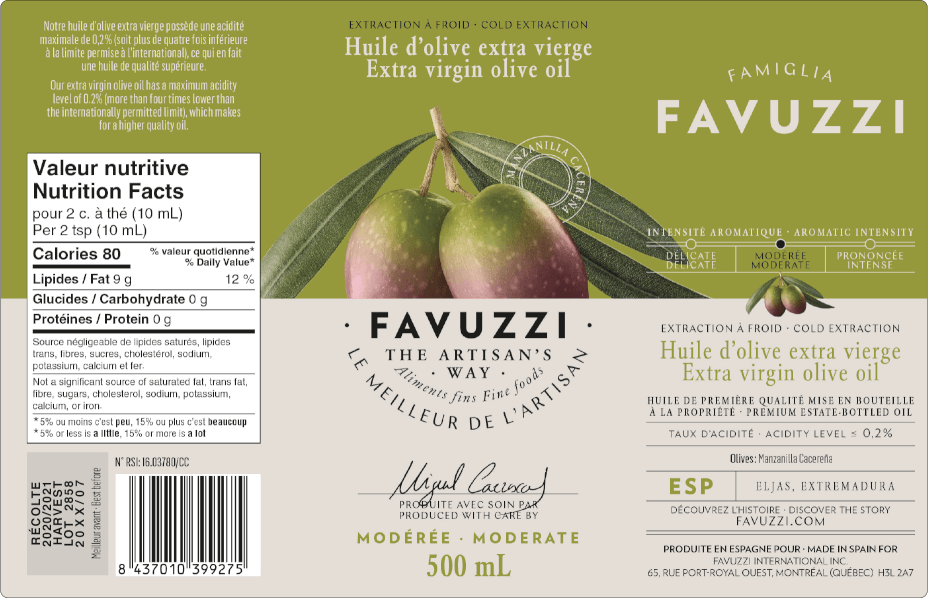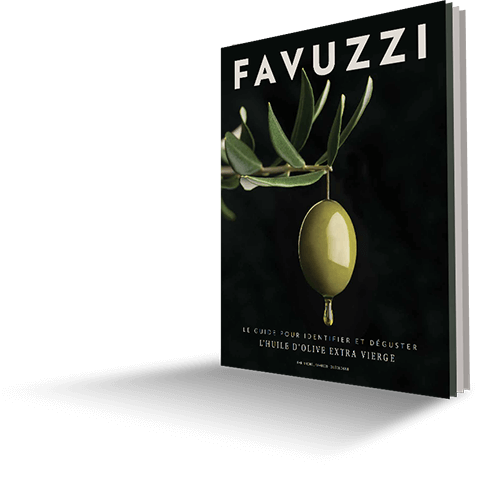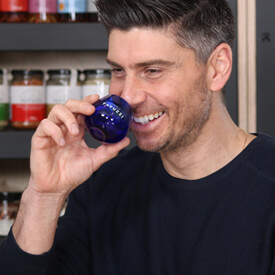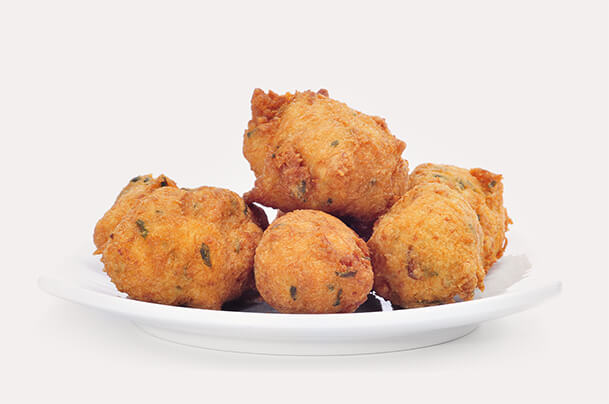Buy online! Pick up at our warehouse or free delivery on orders over $99. Shop now!
The benefits of olive oil
As the main source of fat in the Mediterranean diet, olive oil has beneficial properties attributed in part to the presence of polyphenols found in no other oil. It is known to lower the incidence of heart disease and to have a protective effect against certain types of cancer tumours as well as manydegenerative and chronic diseases.
Articles
The olive oil, an ally for cancer prevention
Articles
Olive oil, helpful for asthma prevention
Articles
Beneficial impact of olive oil on type 2 diabetes
Articles
Olive oil lowers the risk of heart disease and stroke
Articles
Improve blood pressure regulation thanks to olive oil
Articles
The positive effects of olive oil on weight
Articles
The olive oil strengthens the microbiota
Articles
Delays the onset of cognitive diseases thanks to olive oil
The production of olive oil
An olive tree can produce olives for hundreds of years. Some even continue to bear fruit after a thousand years. The olives harvested from a single tree yield an average of five litres of oil.

Harvest

Transportation

Washing

Crushing

Kneading of the olive paste

Centrifugation

Storage and decanting or filtration

Bottling
TrueorFalse?
Michel Favuzzi, sommelier in extra-virgin olive oil, invites you to test your knowledge by answering our quiz.

False We count on government agencies to determine what is authentic or not, but the truth is, no systematic control occurs to guarantee the authenticity of olive oils. Retailers rely on importers, who in turn trust producers' and brokers' claims on the quality of their products. In the end, no one truly verifies the quality and authenticity of the olive oils sold on the market.

True While cooking with olive oil is common, tasting it is not. Do you sample your olive oil before you use it? By applying tasting principles, you will easily be able to identify an oil's qualities and flaws. In Italy, the police relies on a veritable team of tasters who can recognize if an oil is adulterated without resorting to laboratory tests. See the section on learning to taste olive oil

True A premium olive oil made from green olives harvested early is generally sold between $30 and $60 per litre. As is the case for wine, several factors must be considered when pricing a bottle of olive oil. Greater production volumes and a higher level of automation are associated with lower costs. However, the volume of oil imported, the number of intermediates and the originality of the packaging ("Oh, what a nice bottle!") can contribute to a higher price that is not necessarily synonymous with superior quality.

True Spain is the world's biggest producer, accounting for over 40% of global olive oil production. The great majority of Spanish olives are grown in Andalusia, in the south of the country. The Picual variety is the most widely cultivated in Spain, and possibly in the world!

False While it is compulsory to specify the origin of the olives in the United States, in Canada, the only requirement is to specify the country where the oil was bottled. A bottler based in Italy can thus import oils from several countries, blend them and label the product "Imported from Italy." In reality, the oil was not produced in Italy, but merely bottled there. Although legal in Canada, this practice leads to confusion for consumers who are looking for authentic products.

False Extra virgin olive oil is traded as a commodity on European stock markets. To achieve economies of scale, large industrial brands blend various lots of oil purchased at the lowest possible price in one or several countries. Olive varieties and their exact origin are normally not specified on the label. These lots of blended oil typically meet the standards of the International Olive Council and may even be organic. To sell their oil at a competitive price, large brands generally prefer to use olives harvested when they are fully ripe, which yield a greater volume of oil. However, these oils have a low polyphenol content, quickly lose their freshness and may present organoleptic flaws.

False A superior quality oil with a greater polyphenol content is more resistant to heat than a cheaper commercial oil. Olive oil has a high smoke point, around 210°C, which is significantly more than the ideal temperature for frying food (around 180°C). A quality oil, fresh and rich in polyphenols, will have a smoke point above 210°C. It is therefore a mistake to save a quality oil for finishing dishes because of concerns about "wasting" it. However, the main reason why we at Favuzzi always use artisanal oils for cooking is... taste! Whether for cooking or finishing, olive oil is an exceptional ingredient that enhances the flavours of our dishes.

False Unlike wine, olive oil does not get better with age. It begins to alter as soon as it is produced and can become completely oxidated after just a few months if it is not stored in ideal conditions. To fully enjoy its benefits, it should therefore be consumed quickly. Favuzzi avoids importing oil during the summer unless refrigerated containers are used, and we keep our warehouses at a cool, optimal temperature for oil conservation. To get the freshest oil on the market, try to select one from the most recent harvest, packaged in a dark glass bottle. Avoid keeping your oil on the countertop, exposed to light, and near the stove or other sources of heat. Instead, choose a cool and dark place. Close the bottle tightly after use to avoid exposing the oil to air, and consume within one to three months after opening.

True Oil can be filtered naturally by decantation, or by using cellulose to catch any vegetable particles. A filtered oil will be clear, while an unfiltered oil will be cloudy and have a stronger taste. The vegetable remains in an unfiltered oil accelerate the degradation process. These oils should be consumed soon after the harvest, otherwise they become rancid.

False Each olive variety has unique characteristics, making for a wide aromatic palette to suit every consumer's taste. In any region of the world where olive are grown, excellent oils can be produced. There is no truth in claims that oils from a particular country are superior to another's. In fact, we could say that each olive variety is "innocent," and that the quality of an oil is determined by the producer's know-how. We should focus our attention on producers from the start.

True There is a demonstrated correlation between the intensity of an oil's bitterness and pungency and its richness in antioxidants. In other words, the more bitter and pungent an oil is, the healthier it is. Polyphenol content, calculated in mg/kg, depends on a multitude of factors such as the variety and ripeness of the olives, climate conditions and agricultural practices. A number of scientific studies on the Mediterranean diet suggest that the polyphenols found in olive oil provide a range of health benefits: they absorb free radicals, have a positive effect on heart disease and some forms of cancer, and also act and anti-inflammatories.

False The oil should not necessarily taste like ripe olives, the same way wine does not taste like grapes. In fact, a black olive tapenade taste is a sign that the oil is fusty (fermented). A fusty oil was produced with olives in an advanced state of anaerobic fermentation or has been in contact with olive paste residue left on the inner surface of the equipment.

True Early in the season, all olives are invariably green. They only turn black if they are left to ripen. There are 1,552 olive varieties. Over 400 are grown in Italy alone. Here are the five most widely grown varieties in the world, with their country of origin: 1. PICUAL (SPAIN), 2. FRANTOIO (ITALY), 3. ARBEQUINA (SPAIN), 4. KORONEIKI (GREECE), 5. LECCINO (ITALY).

True Since the polyphenol content in olives naturally decreases with ripening, a late or early harvest has an influence on the proportion of polyphenols found in an oil. Green olives picked early in the season yield a smaller volume of oil, but this oil will be intensely fruity, with a bitter finish characteristic of an early harvest, and richer in antioxidants. Ripe olives, on the contrary, yield a greater quantity of oil, with more delicate fruity aromas and a lower antioxidant content. This oil will also sell for a lower price. In short, paying less means getting a lower quality oil.

False False. All olive oils with an "extra virgin" designation are not of the same quality. Premium oils have a fresher taste, a higher antioxidant content and a greater tolerance to heating. When faced with a store display filled with bottles at various price points, consumers can only feel perplexed. Although the standards of the International Olive Council (IOC) rate them in the same category, these "extra virgin" oils are very different in terms of olive ripeness, freshness, aromatic complexity, origin, antioxidant (polyphenol) content and resistance to frying temperatures. We believe the time has come for the IOC to redefine the criteria that make an "extra virgin" olive oil. Stricter parameters would help consumers understand why some oils are more expensive than others and make an informed choice, with full knowledge of the facts.

False Since modern equipment makes it possible to extract the near-totality of the oil from the olives on the first pressing, a second pressing has become unnecessary. The "First cold pressed" mention is therefore no longer an indication of quality. As a matter of fact, most oil producers have stopped including it on their labels.

False According to the North American Olive Oil Association, this DIY test is completely false and misleading. While it is true that the waxes and long-chain fatty acids found in extra virgin olive oil become solid at a low temperature, it is just as true that the proportion of these components varies hugely from one oil to the next. For instance, a Favuzzi Intense extra virgin olive oil made from Coratina olives, which have a low wax content (30 mg/kg), will solidify much more slowly than an oil made with Arbequina olives, which have a higher wax content (130 mg/kg). It is a fact that refined oils do not coagulate in the cold, but it is also true that some varieties of olive oil do not coagulate in the cold either. The "fridge test" would be effective if all extra virgin olive oils contained 100% monounsaturated fats and all other oils contained 100% polyunsaturated fats, but in reality, all oils generally contain a combination of fats. Even blended with a bit of canola oil, an extra virgin olive oil can solidify in the fridge and pass the test, when it is no longer pure.
How to taste olive oil
The only reliable way to make sure an oil is fresh and authentic is to taste it. Many specialty stores offer a sampling area.
Professional tasting
Professional tasters use tulip-shaped glasses, tinted blue so that the color of the oil does not influence them. In fact, color is not a quality factor. The oils are kept at a temperature of 28°C to promote the perception of aromas.
At home
At home, you can use a spoon or a wine glass. Only a small amount of oil should be poured, one tablespoon (15 mL) is sufficient. Put one hand on the top of the glass to retain the aromas and the other hand to warm the base of the glass.
How to read an olive oil label
If this is not possible to tast the oil, the label can provide a wealth of useful indications. The level of trust you can put in an oil is generally proportional to the amount of information listed on the label.
 1
2
3
4
5
6
1
2
3
4
5
6
Experts
Michel FavuzziPresident, founder
Sommelier of olive oil
Michel Favuzzi, an olive oil expert with a degree from the International Culinary Center in New York, is also an educator, lecturer, importer and founder of Favuzzi International. For nearly 20 years, he has been working to bring the oils and food products of the world's finest artisans to Canada.
Download our free olive oil e-book!


